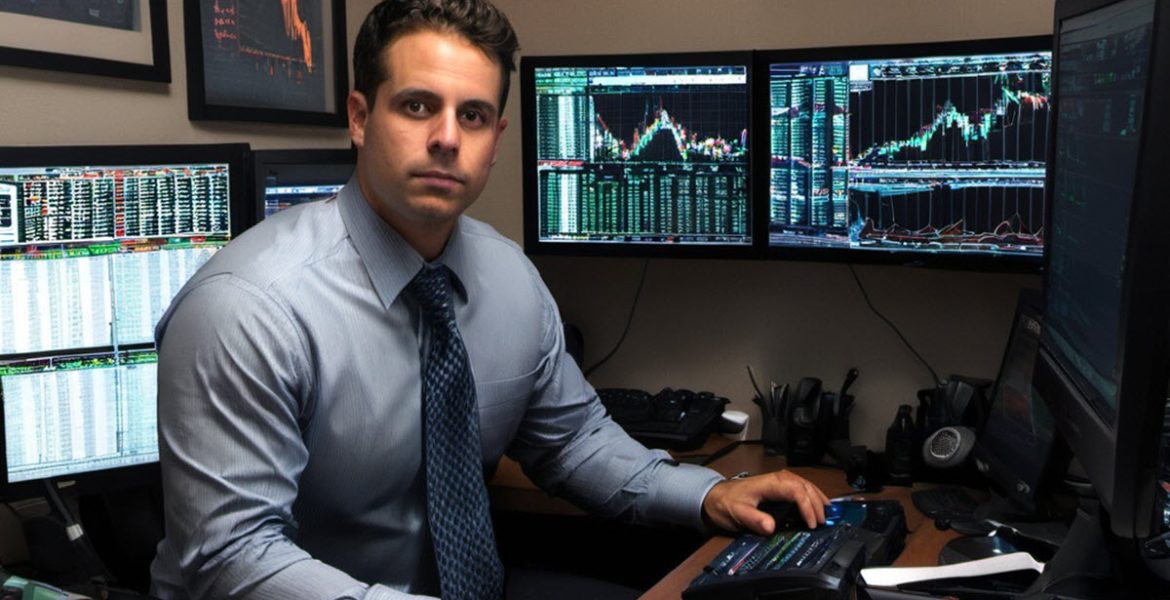
Is Day Trading Right for You?
admin - November 22, 2024Day trading, the practice of buying and selling financial instruments within the same trading day, has a unique appeal. It promises the possibility of quick profits but comes with substantial risks and demands a high level of discipline, focus, and skill. For many, the fast-paced nature of day trading is thrilling, while for others, it can be overwhelming. Deciding whether day trading is a good fit requires a careful examination of your personality, skills, financial situation, and willingness to commit.
What Is Day Trading?
At its core, day trading involves capitalizing on short-term price movements in highly liquid markets such as stocks, forex, or cryptocurrencies. Unlike long-term investing, where gains are made over months or years, day trading aims for small, frequent profits achieved through multiple trades in a single day.
This style of trading demands constant market monitoring, rapid decision-making, and a deep understanding of trading strategies and tools. It is not a passive endeavor but one that requires active engagement and a readiness to navigate both opportunities and risks.
Do You Have the Right Personality for Day Trading?
Day trading is not just about numbers and strategies—it also tests your emotional resilience and discipline.
Managing Risk and Uncertainty
The financial risks of day trading are high, and the market’s movements can be unpredictable. Success often hinges on your ability to accept losses and remain composed. If the thought of losing money causes panic or stress, day trading may not be the best choice. Conversely, if you can approach losses as a natural part of the process and focus on long-term consistency, you may be better suited for this field.
Staying Disciplined
Day trading rewards discipline. Deviating from a carefully crafted strategy—whether chasing a bad trade or hesitating to cut losses—can lead to significant financial setbacks. Maintaining a consistent approach, even under pressure, is essential for success. If you struggle with emotional decision-making, this may be a significant hurdle.
Handling Stress
The high-pressure environment of day trading is not for everyone. Traders must make quick decisions while monitoring multiple positions, often under time-sensitive conditions. This can create stress, especially when stakes are high. Those who thrive in dynamic, fast-paced environments may find day trading exhilarating, while others may feel overwhelmed.
Financial Considerations
The financial realities of day trading are a critical factor in deciding if it’s right for you.
Capital Requirements
Day trading requires starting capital that you can afford to risk. In certain markets, such as U.S. stocks, regulatory rules require a minimum balance of $25,000 for pattern day traders. Beyond this, it’s essential to account for potential losses, which are common, especially for beginners. If risking part of your capital won’t jeopardize your financial stability, you may be in a better position to explore day trading.
Costs and Expenses
Frequent trading incurs transaction costs, including commissions, spreads, and platform fees. These expenses can quickly add up and eat into profits. Evaluating whether your trading strategies can generate returns that outweigh these costs is a key consideration.
Time Commitment
Day trading is a full-time commitment. It requires hours of preparation, active monitoring during market hours, and post-trade analysis. Success hinges on being available to act on opportunities as they arise, which is often incompatible with other demanding responsibilities.
If you have the flexibility to dedicate significant time to studying and trading markets, day trading may fit into your lifestyle. However, if your schedule is limited, you may want to consider less time-intensive investment strategies, such as swing trading or long-term investing.
The Importance of Preparation
Before diving into day trading, preparation is essential. Testing the waters with a demo account is a practical first step. Many trading platforms offer virtual accounts that allow you to practice trading strategies in real-time market conditions without risking real money.
Additionally, starting with a small amount of capital when transitioning to live trading can help minimize risks while gaining experience. Education is another cornerstone of preparation—understanding technical analysis, market trends, and risk management is crucial for building a foundation for success.
Is Day Trading the Right Fit?
Day trading can be a rewarding pursuit for those who possess the right combination of discipline, risk tolerance, and focus. It offers the opportunity to engage directly with markets and achieve quick gains, but it also demands significant effort and a willingness to learn from mistakes.
If you thrive under pressure, have the time and resources to dedicate, and are willing to commit to continuous improvement, day trading could be a suitable path. However, if the demands or risks seem overwhelming, alternative investment approaches might better align with your goals and temperament.
Conclusion
Day trading isn’t for everyone, but for the right individual, it offers an engaging and potentially profitable challenge. The key is to evaluate your personality, financial situation, and willingness to invest the necessary time and effort.
Approach day trading with caution and preparation, using tools like demo accounts and small-scale strategies to gain experience. Remember that success in day trading is built over time, through discipline, resilience, and continuous learning. By understanding what day trading entails and assessing your fit, you can make an informed decision about whether it’s the right path for you.
This article was last updated on: November 22, 2024
